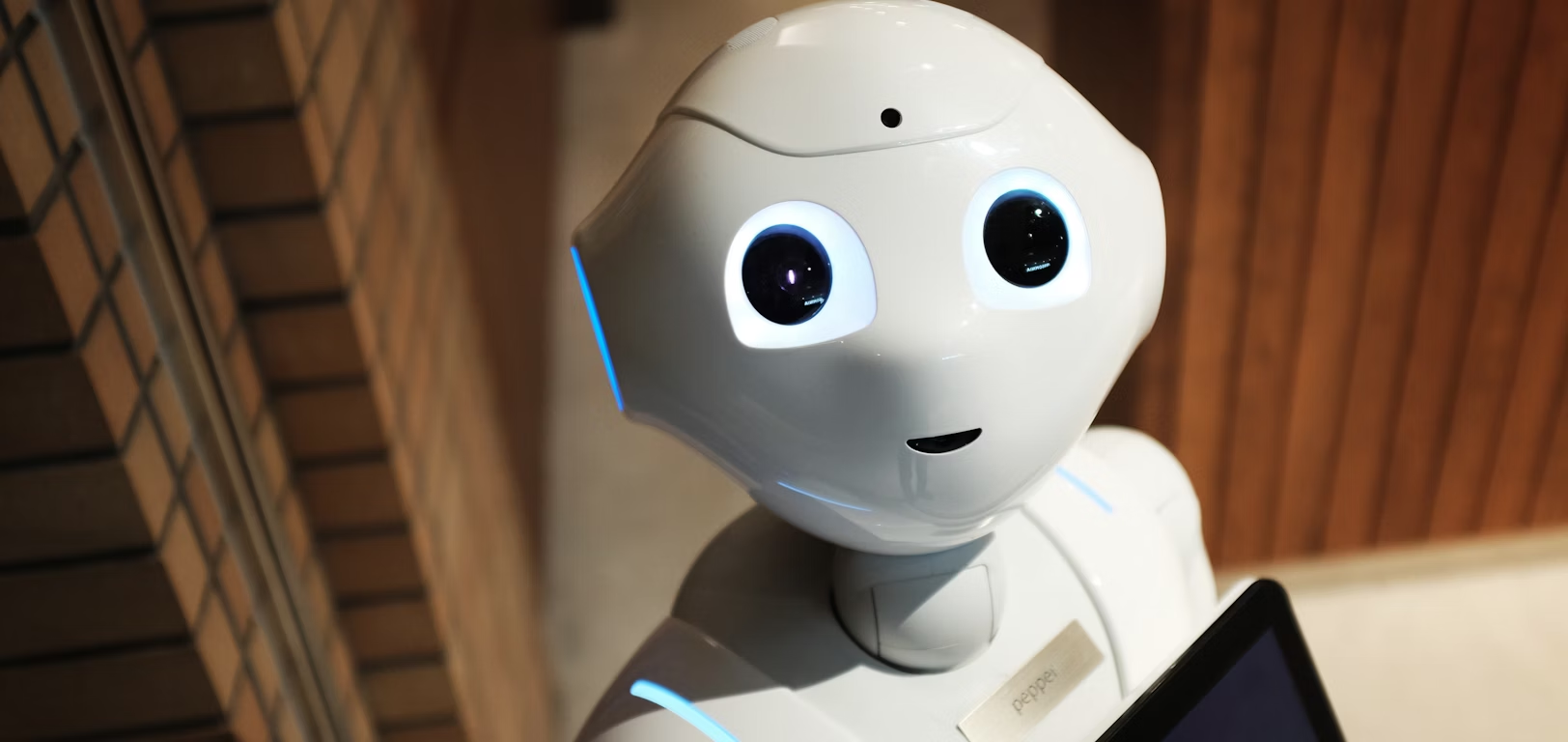Introduction: The Dawn of a New Economic Era
We are not entering the future. We are living in it. The rise of Artificial Intelligence and autonomous systems has already begun to restructure the very foundations of our global economy. It’s not just automation. It’s not just convenience. We’re witnessing the emergence of an entirely new operating system for society — Robotonomics — where machines don’t just do the labor… they drive the economy.
But in this future, what does it mean to be human? What is our economic role in a world where intelligence is synthetic, labor is autonomous, and productivity is decoupled from human effort?
1. From Workforce to Codebase: The Collapse of Traditional Labor
The industrial model of human employment — where time and labor equal income — is dying. AI systems don’t sleep, don’t unionize, don’t require health insurance, and most importantly, they scale infinitely.
With GPT models writing content, bots trading stocks, autonomous drones replacing delivery drivers, and AI diagnosing diseases more accurately than doctors, humans are being displaced not at the edges, but at the core.
In the economy of Robotonomics, “work” becomes abstract. Jobs are deconstructed into data points, processes, and neural weights. The shift is not about man versus machine. It’s about relevance in a system where machines no longer need us to function.
2. AI as Capital, Not Labor
In classical economics, capital and labor worked together. In Robotonomics, AI is capital. It owns the means of production, the distribution channels, and increasingly — the attention economy. Companies that once grew by hiring people now grow by training models. The new economic elite are not job creators; they’re code deployers. And every line of code is a unit of economic force that doesn’t require a paycheck.
The question is no longer: Where will you work?
It’s: What will you own in a system that doesn’t need you to work?
3. Humans as Creators, Curators, and Conscious Architects
So what is the role of humans in this new society?
Three critical arenas remain uniquely human — at least for now:
-
Creativity: The ability to imagine, storytell, design, and intuit meaning beyond the algorithm.
-
Curation: Making sense of overwhelming digital abundance and surfacing value in an age of noise.
-
Consciousness: The one domain AI cannot yet replicate — inner awareness, empathy, values, and collective visioning.
Humans won’t be economic engines. We’ll be cultural architects — shaping narratives, values, and ethical guardrails for the civilization we’re building.
4. Universal Basic Sovereignty: Beyond UBI
Many advocate for Universal Basic Income as a solution to mass joblessness. But in Robotonomics, we need more than income. We need Universal Basic Sovereignty — access to:
-
Tokenized ownership of AI-generated capital
-
Decentralized platforms for value creation and exchange
-
Digital literacy and tools to participate in post-human economies
This isn’t welfare. It’s re-coding participation. Giving every individual a stake in the economy’s new operating system — even if they no longer work in the old one.
5. The Danger of Technocratic Feudalism
If AI capital is concentrated in the hands of a few, the future isn’t utopian — it’s neo-feudal. A small elite owns the machines. The rest rent access to digital life.
Robotonomics can either liberate or enslave.
Without conscious redesign, we risk an economic caste system where algorithmic overlords control access to opportunity, attention, and agency.
The future must be coded with consent.
Conclusion: From Consumers to Code-Sovereigns
Robotonomics isn’t just a new economy. It’s a new species of civilization.
In it, your value won’t come from hours clocked in a cubicle, but from your ability to co-create, co-own, and consciously navigate exponential systems.This isn’t the death of human relevance. It’s the invitation to evolve. In a world where intelligence is infinite and labor is automated, the only scarcity left is meaning. And that’s something only humans — for now — can produce.
The question is: Will you be a passive node in the system? Or will you learn to write the code of your own reality?

